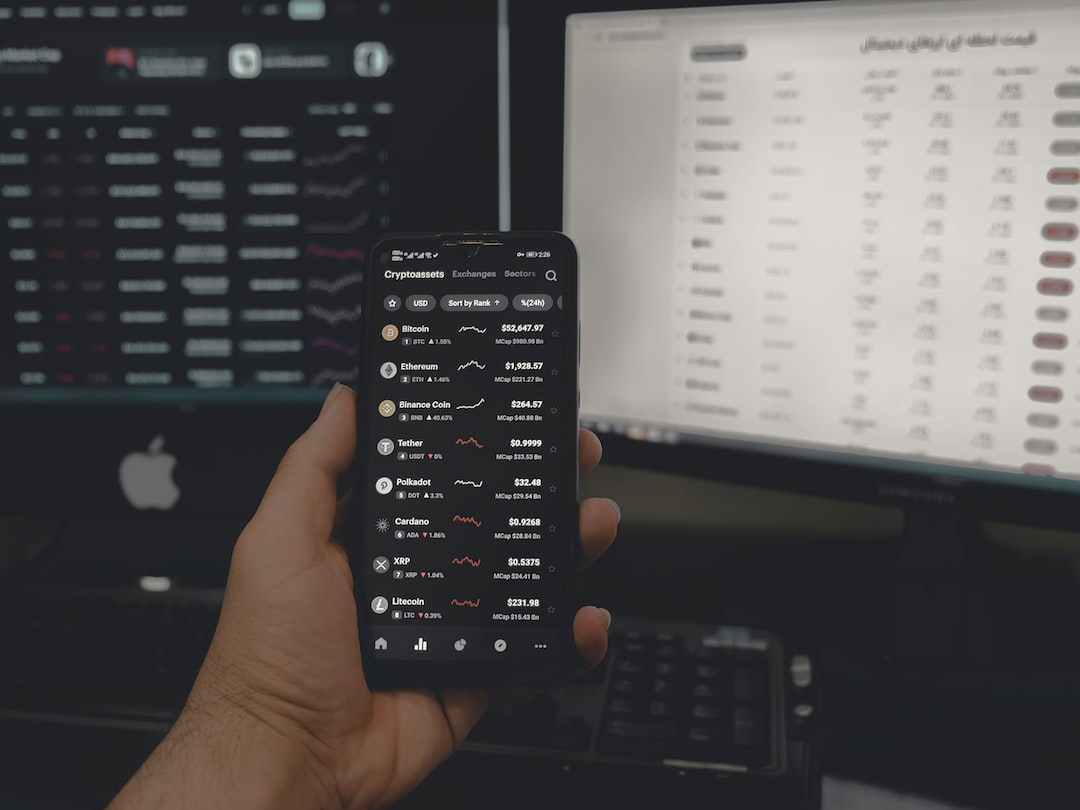Scarlett Johansson Plans Legal Action Against AI Company for Unauthorized Use of Her Name and Likeness
Scarlett Johansson’s lawyers have announced that the actress intends to take legal action against an AI company that used her name and image in an advertisement without her permission. This places Johansson among a growing group of celebrities and politicians who are frustrated with the increasing prevalence of AI-generated imposters. However, as public figures try to combat deceptive online impersonation through the legal system, they may encounter difficulties due to the borderless nature of the internet.
Johansson’s Case and the Challenges Posed by AI
In Johansson’s case, she plans to pursue legal action against Lisa AI, an image generating app that posted a deepfake ad on Twitter featuring Johansson endorsing their product. However, Lisa AI is owned by Convert Yazılım Limited Şirket, a Turkish company headquartered in Istanbul. While Hollywood lawyers are accustomed to international disputes, the involvement of AI could complicate matters further.
Differences in International Regulation
While US politicians are working towards establishing a federal legal framework to regulate AI-generated deepfakes, not all governments around the world have taken aggressive measures to control this emerging technology. For instance, Japan has determined that using copyrighted works to train an AI system does not violate copyright laws. Similarly, Turkey does not currently have any laws related to AI nor any plans to introduce them in the near future.
The Role of Online Platforms and Publicity Rights
In cases where companies operating in countries without AI regulations refuse to comply with demands related to deepfakes, disputes may focus on the online platforms where these fake videos are shared—such as Twitter. However, Twitter has relaxed many of its policies regarding false information since Elon Musk took over the platform. While US senators aim to make any AI-generated depiction without permission illegal, Twitter’s current policy is more lenient and only removes posts if they are likely to cause widespread confusion, impact public safety, or cause serious harm.
Hot Take: The Challenges of Combatting Deepfakes in a Borderless Internet
As the use of AI-generated deepfakes continues to rise, public figures like Scarlett Johansson face an uphill battle in protecting their image and reputation. The borderless nature of the internet presents challenges when attempting to take legal action against companies operating in countries without AI regulations. Furthermore, online platforms like Twitter have varying policies regarding the removal of deepfake content. To effectively address this issue, international cooperation and consistent regulations are necessary to combat the harmful effects of deepfakes.





 By
By
 By
By
 By
By

 By
By
 By
By